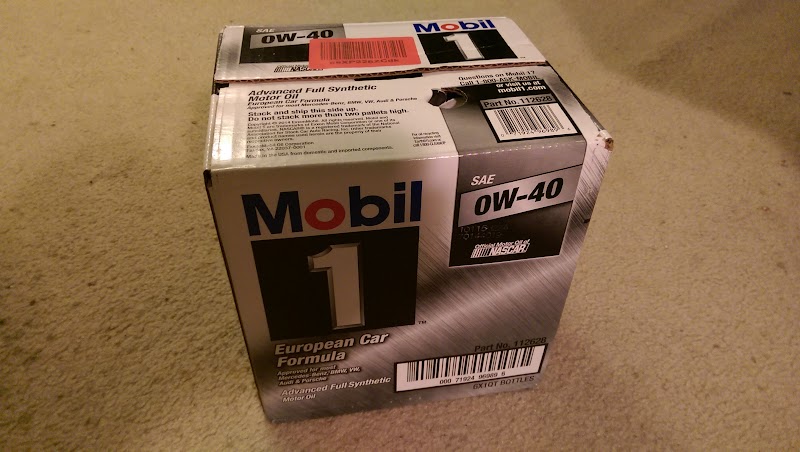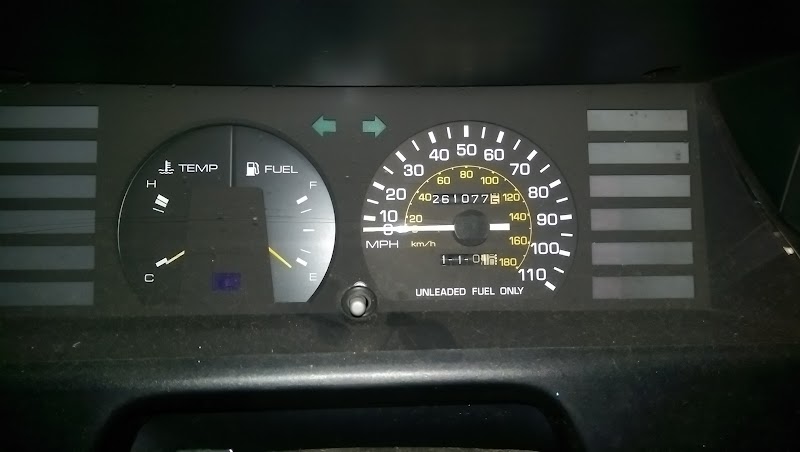Gokhan
Thread starter
Originally Posted By: Pontual
Originally Posted By: Gokhan
Originally Posted By: Pontual
Could be 43ppm of ingested Californian beach marine salt?
I thought about it myself. However, the car is parked 4.73 miles from Venice Beach; although, I go there almost every weekend. 43 ppm Na is about 135 mg in 3.9 qt of 0W-20 oil, which is contained in about 343 mg of salt, and I doubt that much salt could get into the oil from the air that easily.
Also, something needs to explain the oil thickening. Perhaps, since it's an old-engine design, it tends to thicken the oil -- I don't know.
Let's see:
5.3k miles used about 145 gallons of fuel If Iam Correct. Multiply that by 14.7 and your engine breath about 7.5 tons of midly salt air, you only need that 0,34 grams of salt has dissolved on oil, after a bunch more had past throught the intake system. I think its doable!
You are right that we get a lot of marine layer around here, especially in the areas within about five miles of the beach, where low clouds form in the morning due to evaporated water from the ocean. So, perhaps, it contributes to it.
However, the potassium is also pretty high. Na/K ratio in seawater seems to be about 20 - 30, which is a lot higher than about 7 in my UOA. Also, I have oil thickening. Let's see if the coolant tablets will stop the seeping and then what happens in the next UOA.
Originally Posted By: Gokhan
Originally Posted By: Pontual
Could be 43ppm of ingested Californian beach marine salt?
I thought about it myself. However, the car is parked 4.73 miles from Venice Beach; although, I go there almost every weekend. 43 ppm Na is about 135 mg in 3.9 qt of 0W-20 oil, which is contained in about 343 mg of salt, and I doubt that much salt could get into the oil from the air that easily.
Also, something needs to explain the oil thickening. Perhaps, since it's an old-engine design, it tends to thicken the oil -- I don't know.
Let's see:
5.3k miles used about 145 gallons of fuel If Iam Correct. Multiply that by 14.7 and your engine breath about 7.5 tons of midly salt air, you only need that 0,34 grams of salt has dissolved on oil, after a bunch more had past throught the intake system. I think its doable!
You are right that we get a lot of marine layer around here, especially in the areas within about five miles of the beach, where low clouds form in the morning due to evaporated water from the ocean. So, perhaps, it contributes to it.
However, the potassium is also pretty high. Na/K ratio in seawater seems to be about 20 - 30, which is a lot higher than about 7 in my UOA. Also, I have oil thickening. Let's see if the coolant tablets will stop the seeping and then what happens in the next UOA.






